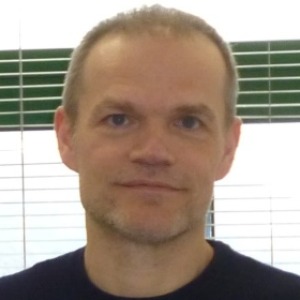Abstract:
Chromatin bridges are strands of missegregated chromatin connecting the anaphase poles or daughter nuclei and have been linked to tumourigenesis. In response to chromatin bridges in cytokinesis, cells delay abscission, the severing of the narrow cytoplasmic canal that connects the two daughter cells, to prevent chromatin breakage or tetraploidization by regression of the cleavage furrow that are associated with genomic instability and cancer predisposition. In mammalian cells, this abscission delay is called “the abscission checkpoint” and is dependent on the localization of the Chromosomal Passenger Complex (CPC) at the midbody. The CPC comprises the catalytic subunit Aurora B kinase, the scaffolding protein INCENP and the nonenzymatic subunits Survivin and Borealin? however, the molecular mechanisms that signal chromatin bridges to the CPC are incompletely understood. In the present study, we show that inhibition of the DNA damage kinases ATM or Chk2 impairs CPC localization to the midbody and correlates with premature abscission and chromatin breakage in cytokinesis with trapped chromatin in human carcinoma cell lines. ATM phosphorylates Chk2 threonine 68 (T68) to activate Chk2 at the midbody. In turn, active Chk2 phosphorylates INCENP at the newly identified site serine 91 (S91) to promote CPC localization to the midbody, to delay abscission. Expression of siRNA-resistant phosphomimetic mutant INCENPS91D, but not the wild-type protein, rescues CPC localization to the midbody and prevents chromatin breakage in Chk2-deficient or ATM-deficient cells. In contrast, in the absence of the endogenous INCENP, the nonphosphorylatable mutant INCENPS91A does not localize to the midbody and its expression promotes chromatin breakage. These results identify an ATM-Chk2-INCENP pathway that prevents chromosome breakage in cytokinesis with chromatin bridges, by promoting CPC-midbody localization, through Chk2- mediated INCENPS91 phosphorylation.




